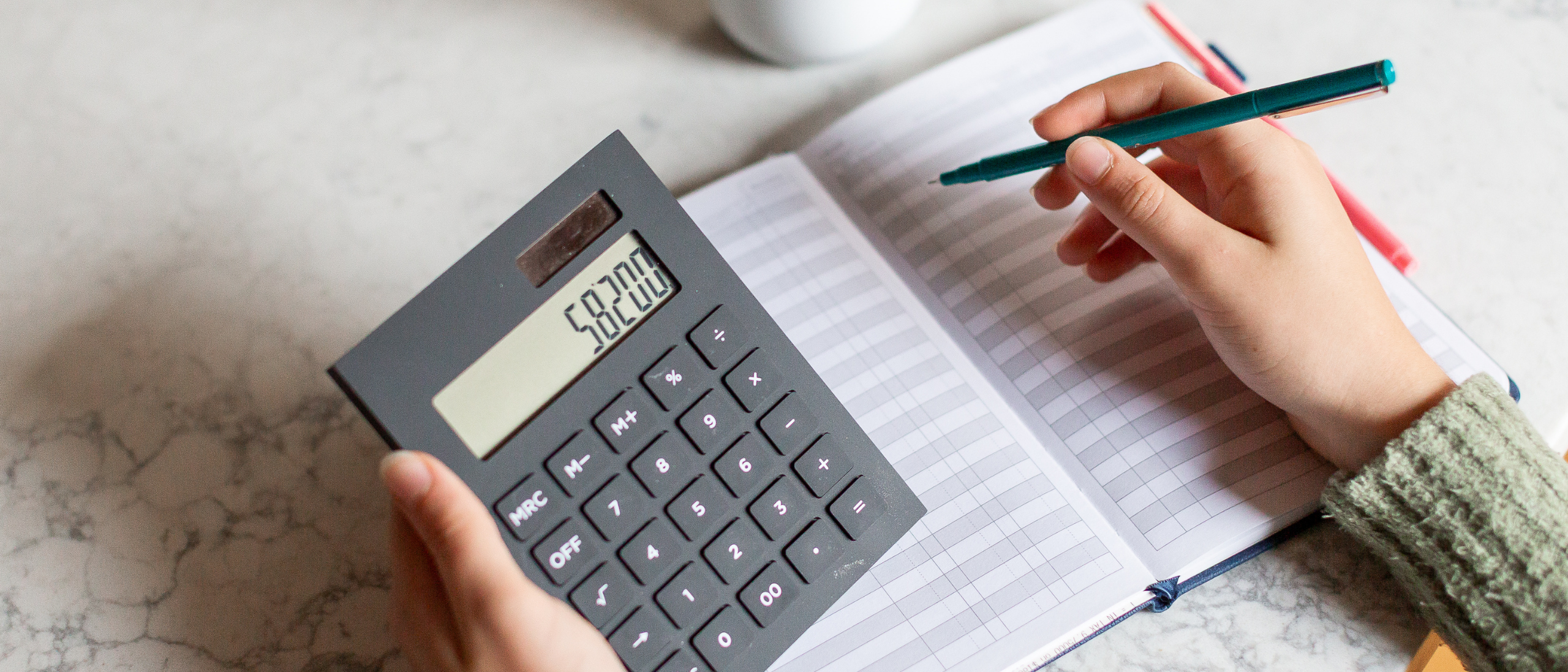If you’re a small business owner, you’re likely aware of the home office deduction. But did you know there’s another tax break you can use that involves renting your home to your business?
In today’s post, I’ll tell you how to legally rent your home for tax-deductible business purposes—and how it can work alongside (not against) the home office deduction when used for different spaces in your home.
How can I legally rent my home for tax-deductible business purposes?
Your business can rent your home under IRS Code Section 280A(g), often called the “Augusta Rule,” “Masters Rule,” or the “14-Day Rental Rule.” This rule lets someone who owns a personal residence rent the space to a business and exclude the rental income from tax as long as the home is rented for 14 or fewer days during the year.
Key clarification: You can claim the home office deduction and also use the Augusta Rule in the same tax year. The IRS does not prohibit using both; the critical limitation is that you cannot use the same space for both purposes. Your home office must still meet the regular and exclusive use test, and any Augusta-Rule rentals must be for different areas of the home used for bona fide business purposes at fair market value (FMV).
Example: If you’re a food blogger, you could rent your kitchen to your S-Corp for a one-day content shoot at FMV under the Augusta Rule and claim the home office deduction for a separate room you use regularly and exclusively as your office. That’s allowed because the kitchen (Augusta) and the office (home office) are different spaces.
So if you’re both the homeowner and the business owner, renting your home to your business can create a two-fold tax benefit:
- Your company deducts the rent expense, and
- You (personally) exclude the rental income under §280A(g).
Note: As the homeowner, you don’t deduct rental expenses (like mortgage interest or property taxes) against that excluded income.
As with all things IRS, follow these rules to keep the arrangement clean:
- The home you’re renting must be used as a personal residence the rest of the year.
- Use the space for legitimate business purposes (not entertainment). To prove this (if audited), keep an agenda and meeting minutes (or a production plan).
- Charge fair market value (FMV) rent—what similar local spaces would charge for the same kind of use, time, and amenities.
- Invoice your business and pay the invoice from the business account.
- Your business should be a separate entity (e.g., S-corporation, C-corporation, or partnership). If you are a sole proprietor or own a single-member LLC without an entity election, you generally can’t “rent to yourself.”
- You can’t use the same square footage for both the home office deduction and an Augusta-Rule rental. Use different areas for each.
Why would I rent my home to my business?
Plenty of legitimate reasons mirror why you might otherwise book a coworking room or event space:
- Board or shareholder meetings
- Strategic planning sessions or retreats
- Team meetings or trainings
- Networking events
- Video or photo production (great for creatives)
Why is this tax law called the “Augusta Rule” or “Masters Rule”?
This tax rule originated when home owners in Augusta, Georgia lobbied to be able to rent their homes to people attending the annual Masters golf tournament without having to report that rental income on their annual tax returns.
Do the 14 days have to be in a certain timeframe?
No. Your 14 days can be anytime during the year and can be consecutive or spread out. Just track the dates carefully so you don’t exceed the limit.
Can I take the Home Office deduction and use the Augusta Rule?
Yes—with a space separation rule:
- Home office deduction: part of your home used regularly and exclusively for business; follow Publication 587 guidance in my Home Office post.
- Augusta Rule: different area(s) of your home rented to your separate business entity for 14 or fewer days total at FMV.
You cannot designate the same room as both your exclusive-use home office and the rented space for Augusta purposes. But one room can be your home office while another (like the kitchen, living room, or backyard) is rented on a few days for business filming, client VIP day, or a team strategy session.
Do I need to send myself a 1099 when I rent my home to my business?
If your company pays $600 or more in rent during the year in the course of business, it generally must issue a Form 1099 (Box 1—Rents) to the payee—even if the recipient excludes the income under §280A(g). This is a trade-or-business information return requirement.
On your personal return, you’ll typically report the gross rent on Schedule E and then back it out by noting the §280A(g) exclusion so it doesn’t increase your taxable income. (If you’re not sure how to do this, make sure you contact an accountant to walk you through the steps.) You can read more about Schedule E on the IRS site here.
Heads-up on payment platforms: Amounts paid via credit card/third-party networks may be reported by the payment processor on a 1099-K instead of 1099-MISC. That reporting doesn’t change your underlying §280A(g) exclusion.
What qualifies as a “home” I can rent to a business?
Houses, condos, apartments, mobile homes, boats, and similar properties you personally live in can qualify. Detached structures like an unattached garage, studio, barn, or greenhouse can also count (see examples in my Home Office Deduction article). Space used as a hotel/inn is excluded.
How to document FMV (and keep the IRS happy)
- Save screenshots or quotes from local venues as FMV support.
- Keep a written agenda and attendee list (or a production plan and shot list).
- Create a simple rental invoice (you as homeowner → your business) and pay via the business bank account.
- Maintain a running log of dates rented under §280A(g) to ensure you stay ≤ 14 days.
Sources (for your reference)
- Internal Revenue Code §280A(g) / IRS guidance — Augusta Rule mechanics and safe harbor info.
- IRS Publication 587 overview — Home office rules, including “regular and exclusive use.”
- Everything you need to know about 1099s — Trade-or-business reporting and rent in Box 1.
- About Schedule E (Form 1040) — Where the rent is reported and excluded under §280A(g).




